Socialization is a critical aspect of a dog’s development, significantly influencing their behavior and ability to interact with other animals and humans. It involves exposing the dog to a variety of experiences, sounds, people, and animals in a controlled and positive way, ideally during their early weeks and months. While all dogs benefit from thorough socialization, certain breeds require extra attention in this regard due to their inherent traits such as high energy levels, strong guarding instincts, or shyness. This extra effort in socialization helps to prevent the development of fear-based behavior problems, increases adaptability, and enhances their overall temperament. Here, we will explore seven dog breeds that, due to their unique characteristics, demand particularly intensive socialization to grow into well-adjusted adult dogs.
1. Akita
The Akita is a noble breed known for its dignity, courage, and loyalty. Originally bred as a royal protector in Japan, Akitas possess a strong territorial instinct and can be aloof with strangers. This natural reserve makes early and extensive socialization crucial. Without adequate exposure to a variety of people and situations during their formative months, Akitas can become overly suspicious or aggressive towards unfamiliar individuals or animals. Socializing an Akita involves consistent, positive interactions that encourage them to accept non-threatening strangers and animals rather than perceiving them as inherent threats. This not only makes them safer companions but also helps in mitigating their strong protective instincts which, if unchecked, can lead to problematic behaviors.
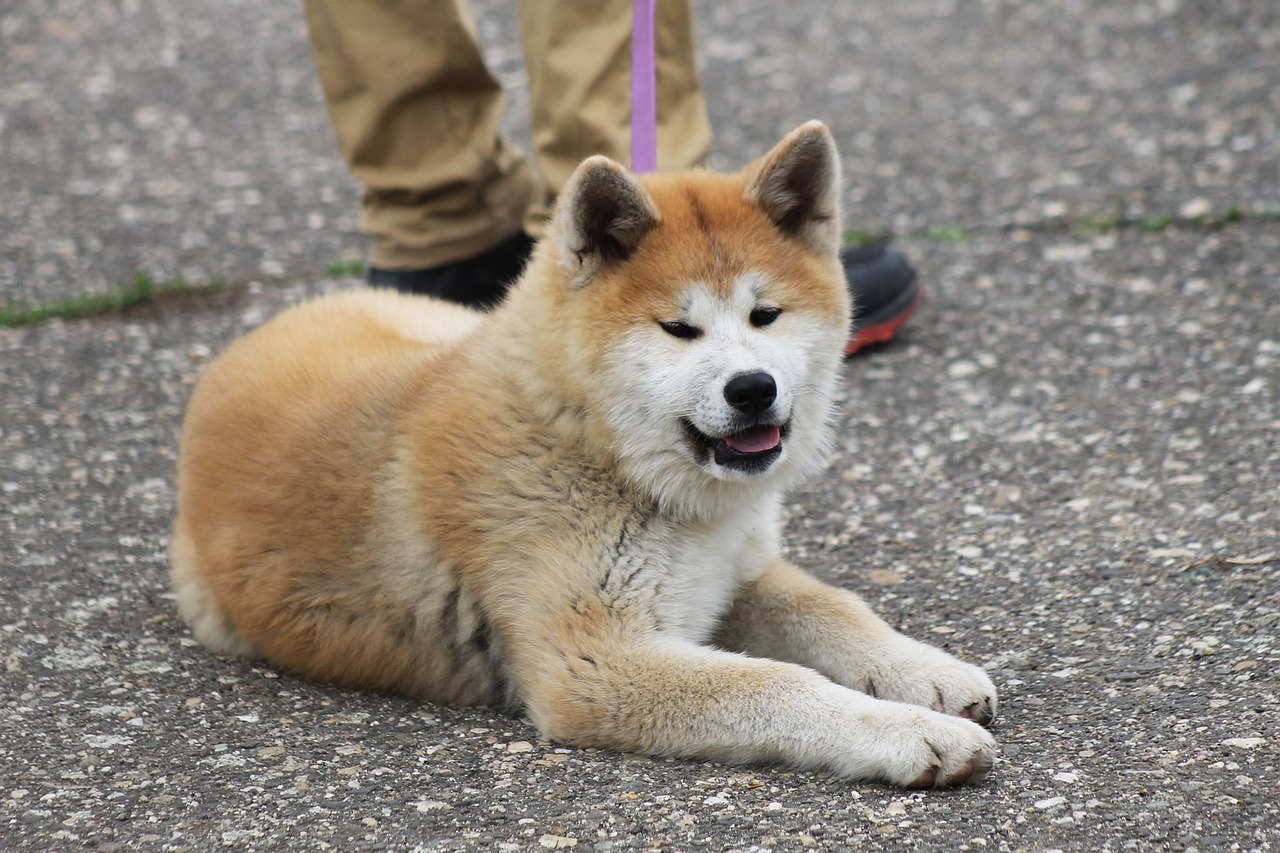
2. Chow Chow
Chow Chows are known for their cat-like personalities, including independence and aloofness. Originating from China where they were guard dogs and hunting companions, they tend to be very protective of their owners and homes. This breed’s need for extra socialization stems from their propensity to develop a strong territorial sense and a level of wariness around strangers. Early, continuous, and positive socialization helps mitigate these tendencies by familiarizing them with a variety of people, pets, and environments. Successful socialization reduces their suspicion and potential for aggression, ensuring they become well-rounded pets. Owners should focus particularly on positive reinforcement and regular, diverse social interactions to soften their innate wariness.
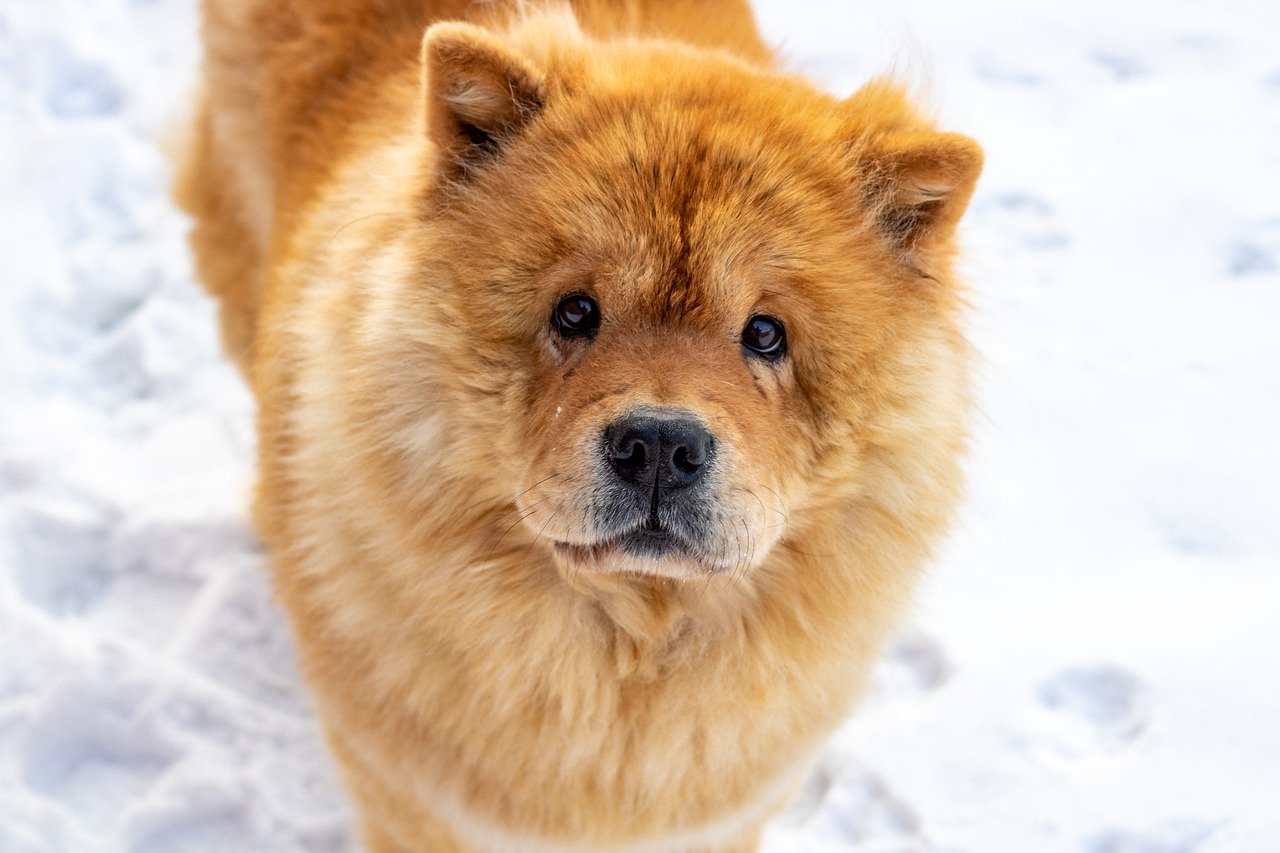
3. German Shepherd
German Shepherds are a highly intelligent and versatile breed, often used in police and military roles due to their strong protective instincts and quick learning ability. However, these same qualities can lead to challenges in a typical home environment if the dog is not properly socialized. German Shepherds can develop an over-protectiveness towards their family and territory, leading to aggressive behaviors towards strangers and other dogs. Effective socialization involves exposing them to a wide range of people, environments, and situations, from a very young age. This exposure helps to build confidence, reduce fears, and teaches them to distinguish between normal, non-threatening situations and those that require them to protect.
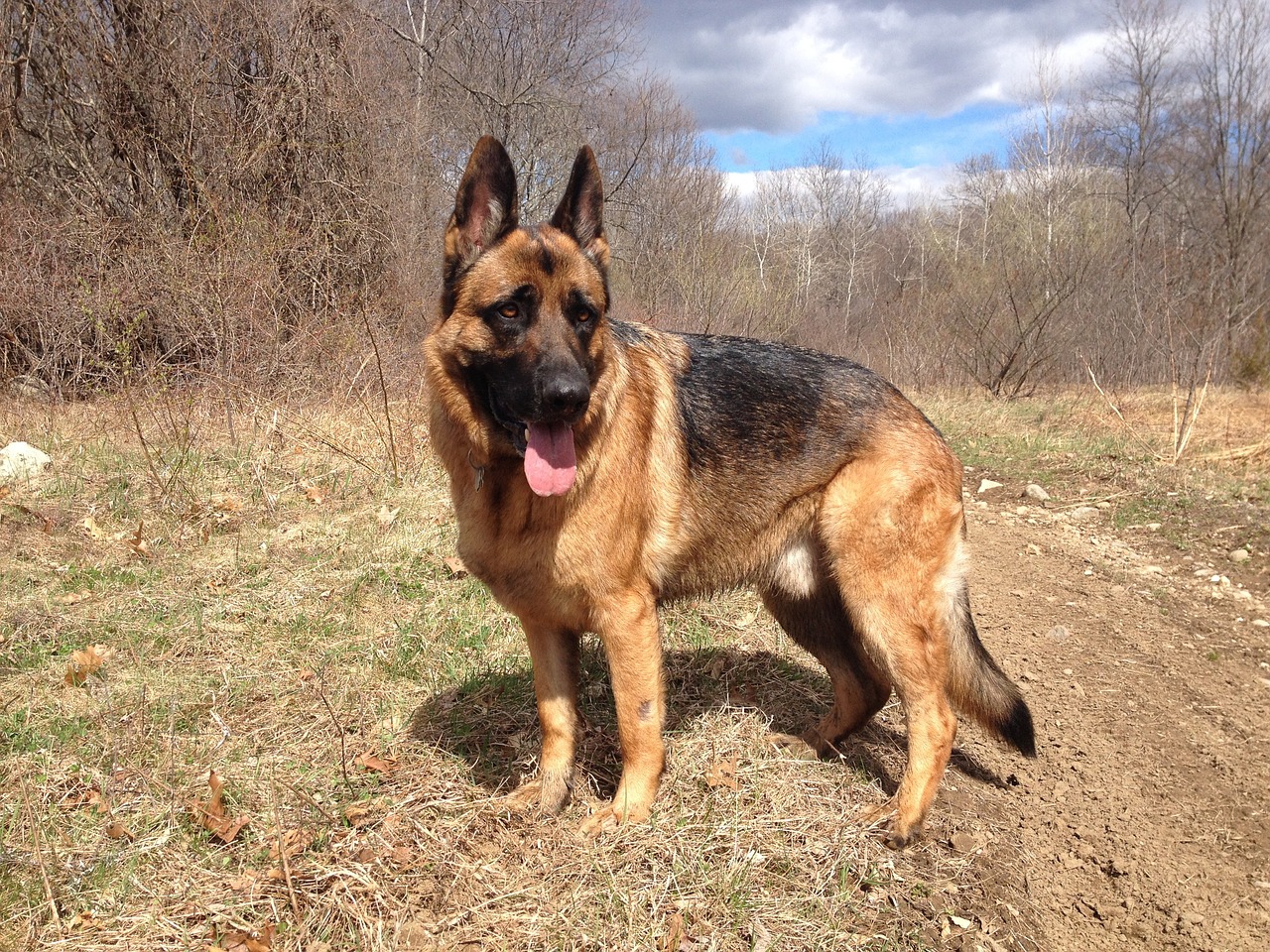
4. Rottweiler
Rottweilers are powerful dogs with a historic role as protectors and drovers, which can translate into a strong guarding instinct. Without extensive socialization, they can become overly protective and potentially aggressive. Socialization for Rottweilers should start early and include exposure to various people, animals, sounds, and environments. The goal is to help them learn to manage their protective instincts responsibly and react appropriately in a variety of situations. Properly socialized Rottweilers are confident, calm, and know when to be protective, making them excellent family pets in households that understand their needs and are willing to put in the necessary time and effort.
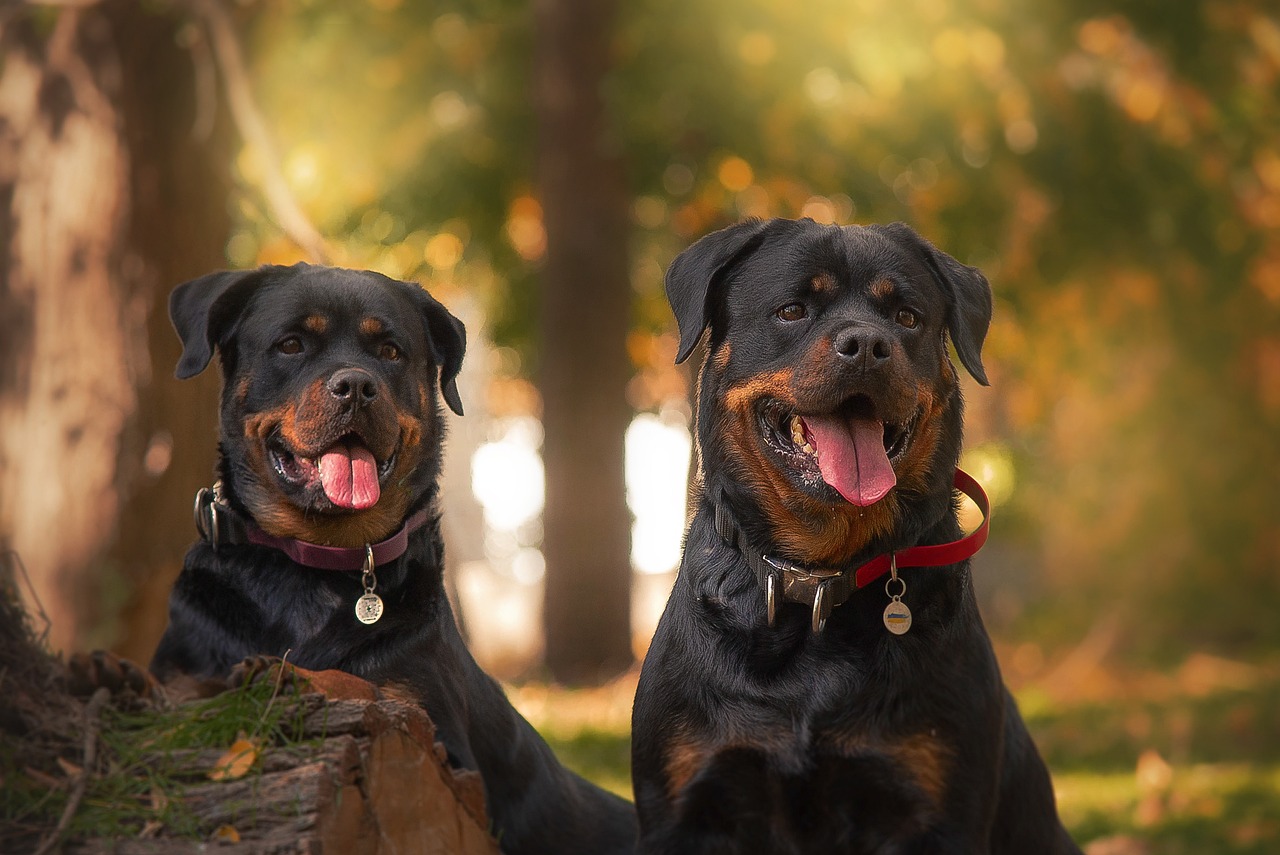
5. Shar-Pei
The Chinese Shar-Pei is easily recognizable by its deep wrinkles and blue-black tongue. Originally bred for hunting and guarding, they are naturally protective and reserved with strangers. This breed requires careful socialization because of their tendency to be aloof and sometimes standoffish. Without proper socialization, a Shar-Pei can become excessively suspicious and potentially aggressive. Introducing them regularly to new people, pets, and situations in a positive and controlled manner can greatly improve their sociability and reduce their innate wariness. Socialization should include a variety of positive experiences to teach them that not every new face is a threat.
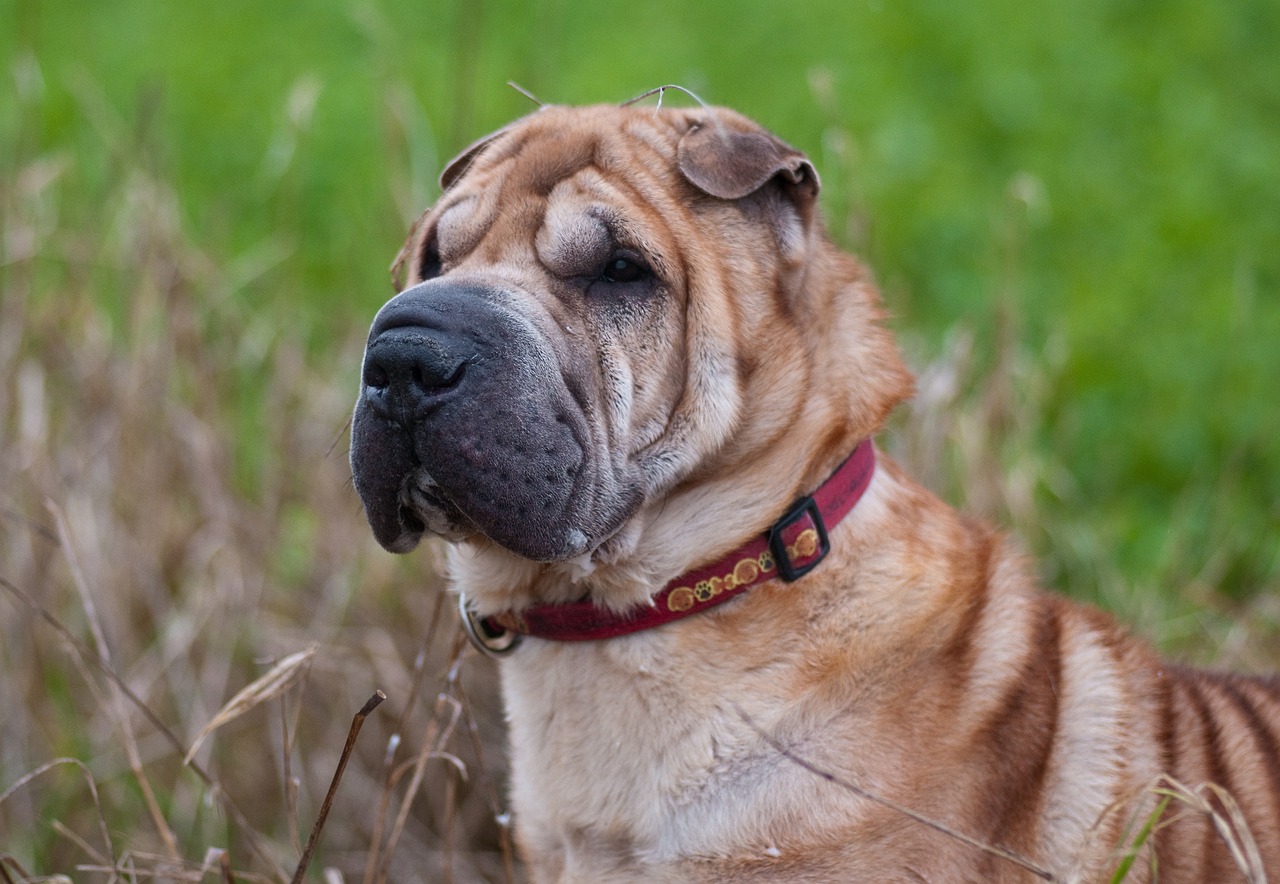
6. Doberman Pinscher
Doberman Pinschers are known for their alertness, intelligence, and loyalty. They were originally bred to be personal protection dogs, which means they can be naturally suspicious and incredibly protective of their owners. This makes early and ongoing socialization imperative. A well-socialized Doberman is less likely to respond with aggression when meeting new people or encountering unfamiliar situations. Their socialization should include exposure to many different people, sounds, and environments, focusing on positive associations to temper their protective nature. This prepares them to react calmly and assess situations more accurately, thereby enhancing their ability to function as both a family pet and a protector.
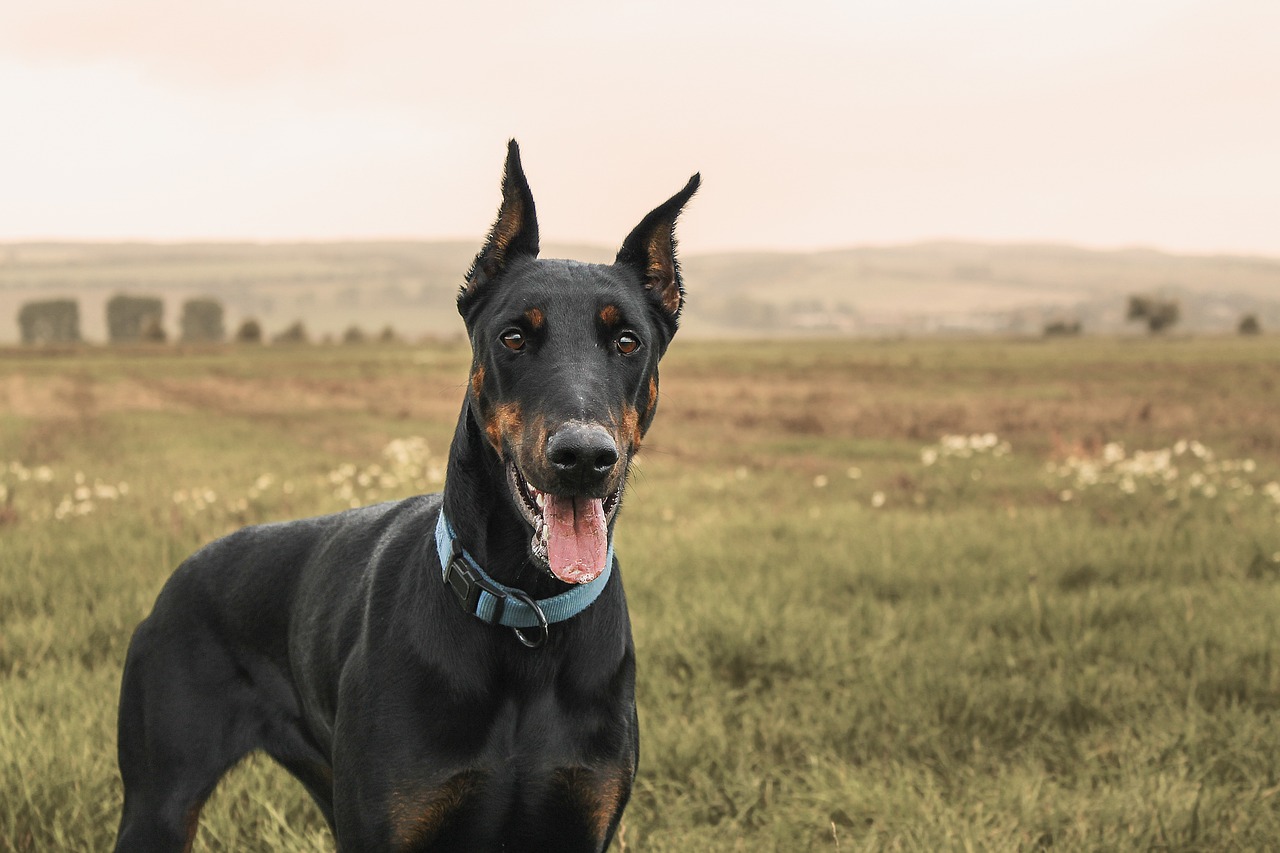
7. Tibetan Mastiff
The Tibetan Mastiff is a breed known for its impressive size and protective nature, originally used to guard livestock in the Himalayas. These dogs are strong-willed and independent, with a natural wariness of strangers that can lead to aggressive tendencies if not properly managed through socialization. Tibetan Mastiffs need regular and varied exposure to different people, environments, and situations to ensure that they develop a well-rounded temperament. This breed’s socialization is particularly challenging due to their size and strength, making early and consistent efforts essential to foster their ability to integrate into various social settings without becoming overly protective or fearful.
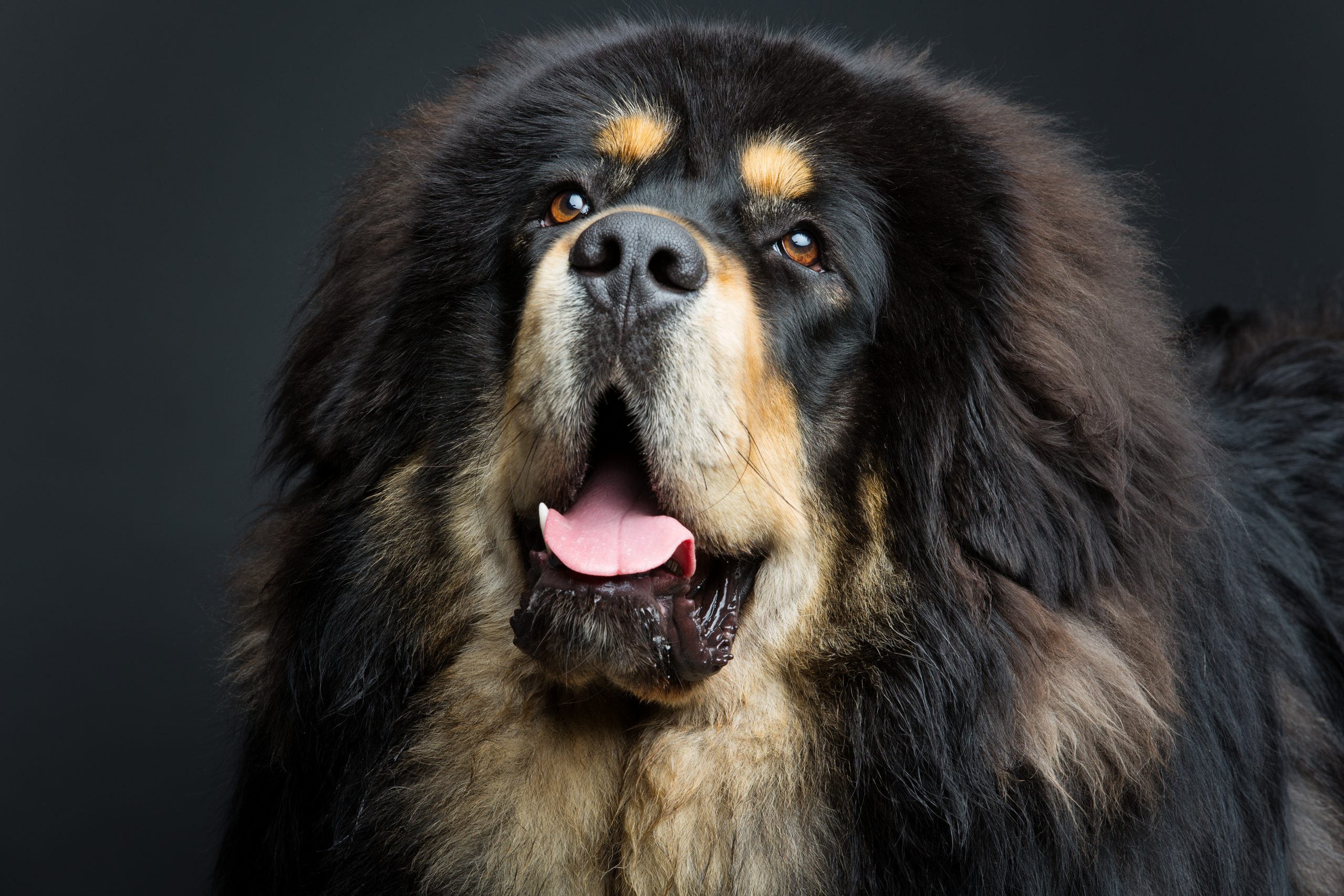
The importance of socialization cannot be overstated, particularly for dog breeds with strong protective instincts or inherent reservations about unfamiliar people and environments. Each of these seven breeds benefits significantly from a dedicated and systematic approach to socialization. By committing to extensive and early socialization practices, owners can ensure that their pets grow up to be well-adjusted, confident, and safe members of society. This not only enhances the quality of life for the dogs themselves but also for everyone around them.
 Toledo, United States.
Toledo, United States.